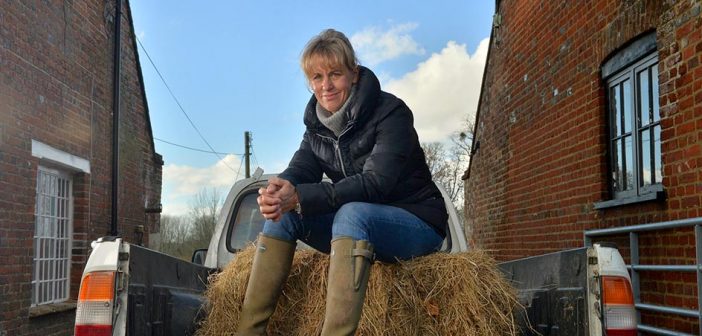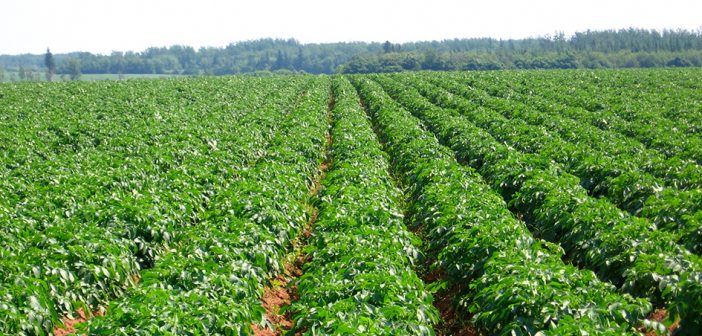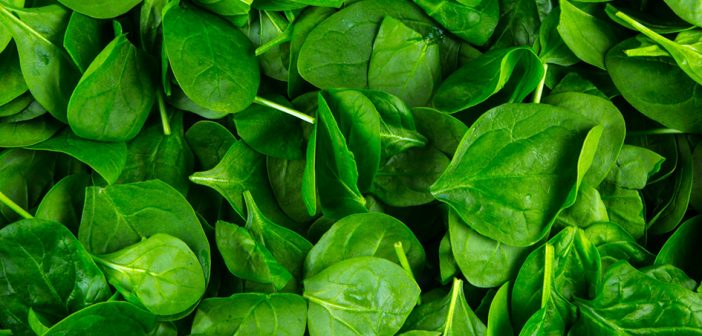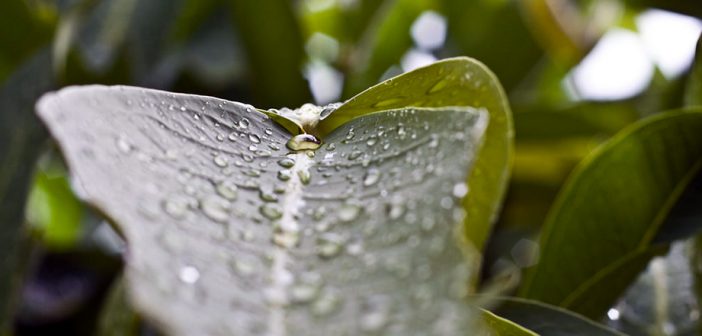As the UK enters a cooler period over the coming weekend, there are warnings that the situation for farmers is now becoming serious.
Rob Clayton of AHDB told the BBC’sWake up To Moneyprogramme: “This year growers have had the Beast from the East, then they’ve had it so hot and so dry this summer.” This means that reduced yields, coupled with a 3 per cent reduction in the planted area will reduce crop availability. “Our options are limited. It means prices are going to be a little bit higher right the way through until next spring,” he added.
According to the British Retail Consortium (BRC) and Nielsen, shortages of vegetables have increased food price inflation to 1.6 per cent in July, compared to 1.2 per cent in May and June. The average price of a head of broccoli is around 25 per cent higher than this time last year, while carrots are 8.3 per cent more expensive in supermarkets. Helen Dickinson, chief executive of the BRC says that, “The hot, dry conditions we have seen … mean the pressure on prices will continue for some time to come.”
At the same time, Jack Ward, chief executive of the British Growers Association has called on retailers to work with growers during the continued dry weather. “There will certainly be less production and higher costs for growers and this will continue to affect winter crops as well as those planted in the spring,” he stressed. “At the moment it is too difficult to make predictions about where we will be in four month’s time. It is impossible to predict what will happen next year and Brexit adds more uncertainty for producers.”
Minette Batters, president of the National Farmers Union, told the broadcaster, “The situation on the ground is hugely challenging across all sectors. There could be serious concerns for many farmers if this extended spell of warmer, drier weather continues. This unprecedented spell of weather really should be a wake-up call for us all. It’s a timely reminder that we shouldn’t take food production for granted.”

The post Effects of heat wave on farming getting serious appeared first on Hort News on 9 August 2018.


